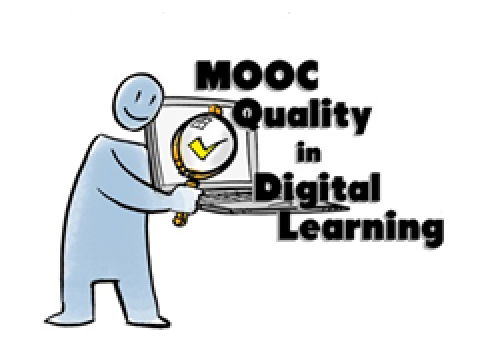Authors
Marie Elf, Ebba Ossiannilsson, Maria Neljesjö & Monika Jansson are the authors for this new article on Implementation of open educational resources in a nursing programme: experiences and reflections in
Open Learning: The Journal of Open, Distance and eLearning (2015)
Vol. 30, No. 3, 252–266.
Affiliations
Department of Nursing, Dalarna University, School of Education, Health and Social Studies, Falun, Sweden; b Center for Educational Development, SADE (the Swedish Association for Distance Education) Lund University, Lund, Sweden
Abstract
The IMPOER project (implementation of open educational resources, OER)
aimed to implement OER in a nursing programme at Dalarna University, Sweden.
The university and its nursing programme have long engaged in e-learning,
and the nursing programme has recently been awarded the European Association
of Distance Teaching Universities E-xcellence Associates Quality Label. The
quality award was based on the creation of a roadmap for the continuous development
of e-learning and the implementation of OER. The results of the study
illustrated that overall, the students and the educators were positive about using
OER. They considered that this approach was a new way of learning, and they
appreciated the fact that OER were free and easy to access. However, they felt
overwhelmed by the amount of material that was available and they were concerned
about quality. If the use of OER is to be sustainable, a change in attitudes
and practices among students and teachers is likely needed regarding the use of
resources on the web.
Keywords
e-learning; nursing education; open educational practice; open
eduactional resourses; quality education
To cite this article: Marie Elf, Ebba Ossiannilsson, Maria Neljesjö & Monika Jansson (2015)
Implementation of open educational resources in a nursing programme: experiences and
reflections, Open Learning: The Journal of Open, Distance and e-Learning, 30:3, 252-266
DOI:
10.1080/02680513.2015.1127140
To link to this article:
http://dx.doi.org/10.1080/02680513.2015.1127140
ISSN: 0268-0513 (Print) 1469-9958 (Online) Journal homepage:
http://www.tandfonline.com/loi/copl20















